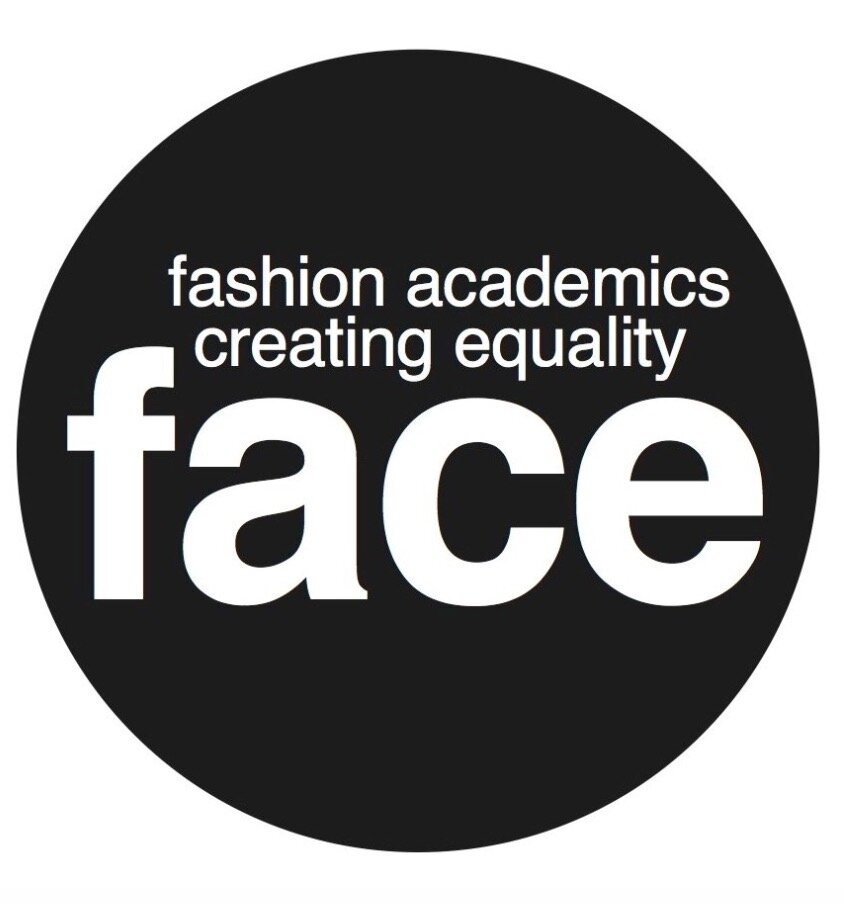FACE Race: 10 ways you can make change today
FACE RACE Teaching Resource: This page is one of many included in the Handbook. Download it here.
This page comes at the end of your handbook engagement yay! Its been a journey for us all and this quick fire list will help remind you of the things you have covered. Check in with it regularly. We do!
1. Radical listening and reading
Undertake radical listening and reading to inform yourself.
2. Personal reflection
Reflect on your own personal bias to address where change can be made towards anti-racism – see activity discussed in the FACE Race Handbook.
3. Team reflection
Reflect with your direct colleagues on where changes can be made in your lecture, course, programme towards decolonising – see activity discussed in the FACE Race Handbook.
4. Review your curriculum
Question the topics. Discuss with students. Look at your learning outcomes and make changes to include EDI in every aspect from knowledge to transferable skills. Review the content reading. How diverse is it? Does it give a student a sense of belonging and is it relatable?
5. Review your assessment touchpoints
Work with students to review your current assessment processes. Find out where the bias shows up and find out where the point that attainment might be under threat for a student
6. Ask the right questions to the right people
Make sure at every touch point you ask the right question to staff and students to check in any data gathered. Look at all student surveys to gather data and influence changing those questions to include questions to address inclusive and accessibility e.g. how accessible is your teaching and learning activities, how inclusive is your experience?
Look at semester feedback surveys, staff surveys and feed into the questions asked and then the responses gathered.
7. Join a meeting / create a meeting
Join a meeting to influence educational practice. Look in your schools to see where decisions are being made in educational practice and be part of that. How is EDI being tackled? Do you belong to your Race and Ethnicity EDI group?
8. Share good practice towards anti-racist teaching and activities
Set up an event on anti-racist practice to openly discuss with your colleagues. Work collectively to build a bigger voice. Use hybrid techniques for accessibility and bring in external speakers to amplify the purpose.
9. Normalising exemplary behaviour as a strategy. Improve recruitment approaches.
What is our recruitment statement to advance diverse teaching perspectives? Making it clear that Black cultural knowledge is required. Employ more Black and Brown staff and employ diverse outreach in advertising and networking vehicles.
What is our challenge to current ways of doing things, such as : a) all white interview panels b) adherence to qualifications only gained through economic privilege and often through a white lens?
10. Verbalising and manifesting requirement of personal and institutional action.
Where is our no tolerance policy displayed?
How do our staff and students progress a grievance? How clear is the process and signposting for support while doing this?
And one extra so you get your money’s worth!
11. Speak out!
Challenge and question current systems in place. Use your position, privilege, power and purpose to get the point across - Any way you can.
